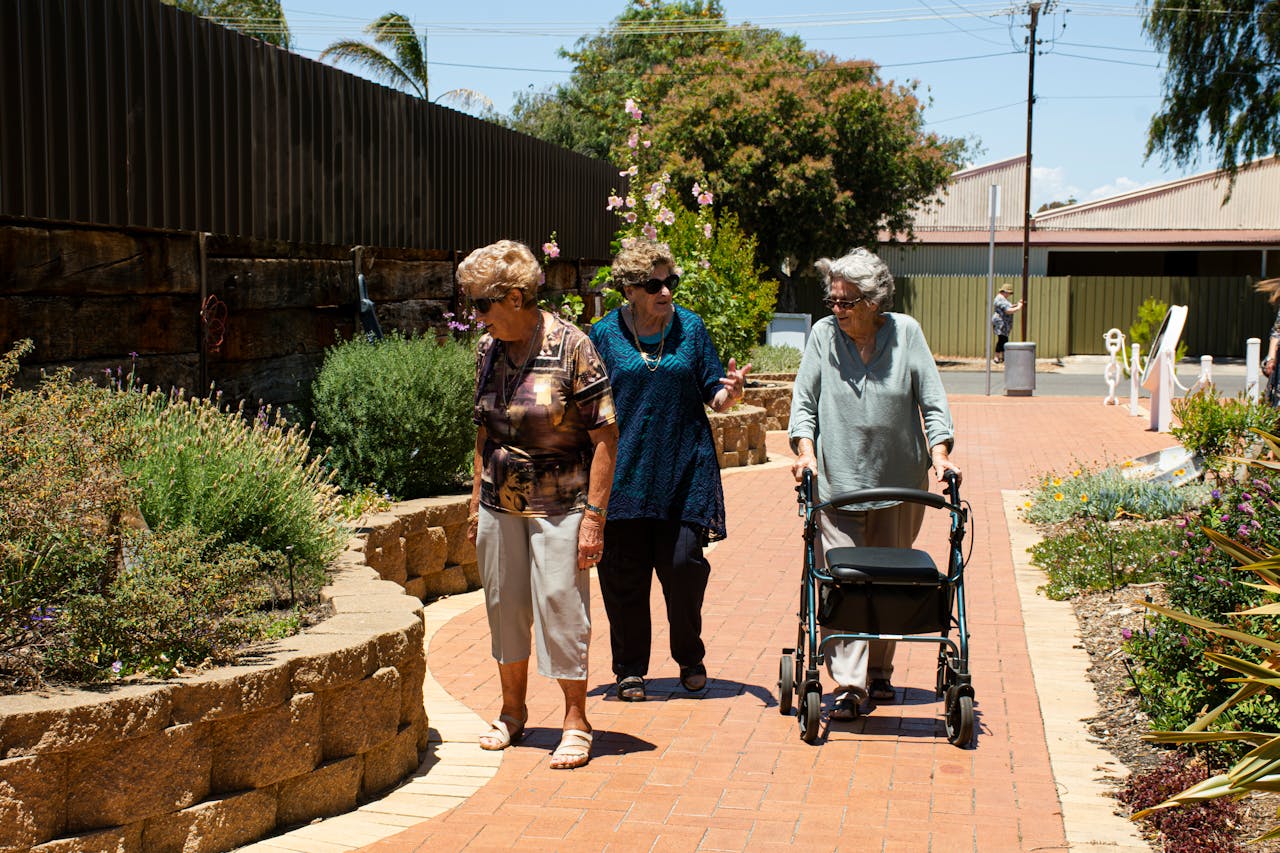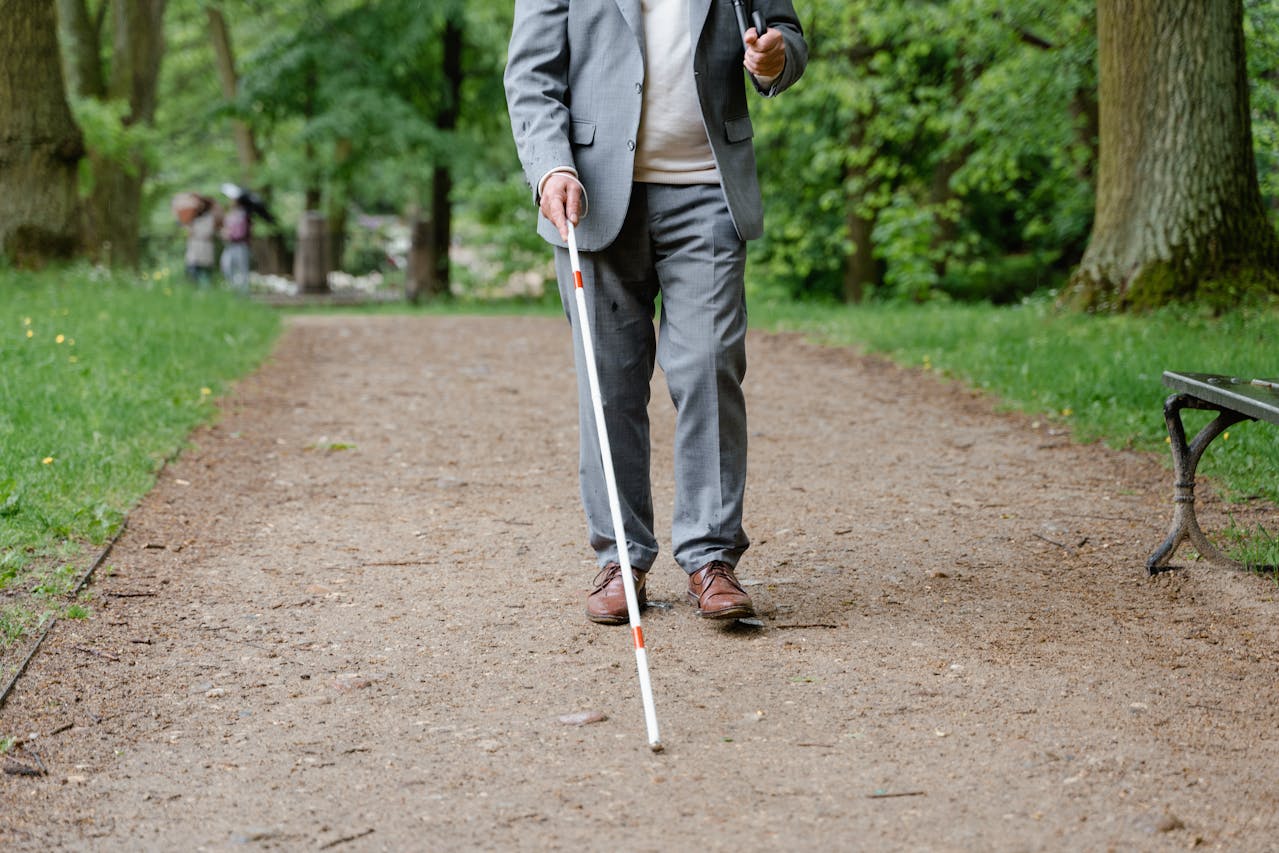How Walking Just 30 Minutes a Day Can Improve Your Health After 50

As we age, maintaining our health and well-being becomes increasingly important. For those over 50, the benefits of regular physical activity can significantly enhance quality of life, reduce the risk of chronic diseases, and improve mental health. One of the simplest and most effective forms of exercise is walking. This article will explore ten ways walking just 30 minutes a day can transform your health after 50.
1. Enhances Cardiovascular Health

Walking for 30 minutes a day is a straightforward yet powerful way to improve your cardiovascular health. Regular walking strengthens the heart, improving its efficiency and promoting better circulation. This, in turn, can lower your blood pressure and reduce the risk of heart disease and stroke. Studies have shown that moderate exercise like walking can help manage cholesterol levels, making it a vital activity for maintaining heart health as you age.
2. Supports Weight Management

Weight management can become more challenging after 50 due to metabolic changes and decreased muscle mass. Incorporating a daily 30-minute walk into your routine can help you burn calories and maintain a healthy weight. This simple form of exercise not only aids in weight loss but also helps prevent weight gain, which is crucial for reducing the risk of obesity-related diseases, including diabetes and heart disease.
3. Boosts Mental Health

Walking is not only beneficial for your body but also for your mind. Engaging in a daily walk can significantly enhance your mood and reduce symptoms of anxiety and depression. Physical activity stimulates the release of endorphins, the body’s natural mood lifters. Additionally, walking outdoors allows you to enjoy nature, which has been shown to have a calming effect on the mind, helping to reduce stress levels and promote a sense of well-being.
4. Improves Joint Health

As we age, joint pain and stiffness can become more prevalent. Walking is a low-impact exercise that helps strengthen the muscles around the joints, providing better support and reducing discomfort. Regular walking promotes the production of synovial fluid, which lubricates the joints, improving flexibility and reducing the risk of arthritis. Incorporating a 30-minute walk into your daily routine can help you maintain mobility and manage existing joint issues.
5. Strengthens Bones

Bone density naturally decreases with age, increasing the risk of fractures and osteoporosis. Weight-bearing exercises like walking are essential for maintaining bone strength and density. By walking regularly, you stimulate bone growth and help prevent the loss of bone mass. This is especially crucial for women after menopause, as they are at a higher risk of osteoporosis. A daily 30-minute walk can play a significant role in maintaining healthy bones as you age.
6. Enhances Cognitive Function

Regular walking has been linked to improved cognitive function and a reduced risk of cognitive decline and dementia. Engaging in physical activity increases blood flow to the brain, promoting the growth of new brain cells and improving overall brain health. Walking for 30 minutes a day can enhance memory, attention, and problem-solving skills, keeping your mind sharp as you age. Staying physically active is an excellent way to support brain health and cognitive longevity.
7. Boosts Immune Function

A strong immune system is vital for combating illnesses and infections, especially as we age. Regular walking has been shown to enhance immune function, helping to reduce the frequency and severity of colds and other illnesses. By walking for just 30 minutes a day, you can improve circulation, which aids in the distribution of immune cells throughout the body. This simple habit can lead to fewer sick days and better overall health.
8. Improves Sleep Quality

Quality sleep is essential for overall health, yet many people over 50 struggle with sleep disturbances. Walking has been shown to improve sleep quality by helping to regulate your circadian rhythm and reduce insomnia symptoms. Engaging in regular physical activity can help you fall asleep faster and enjoy deeper, more restorative sleep. Incorporating a 30-minute walk into your daily routine can be a natural and effective way to enhance your sleep quality and overall well-being.
9. Promotes Social Interaction

Walking can also be a social activity, providing opportunities to connect with friends, family, or community members. Joining a walking group or simply walking with a friend can make this healthy habit more enjoyable and engaging. Social interactions are essential for mental and emotional health, reducing feelings of loneliness and isolation. By walking regularly with others, you can foster connections that enhance your overall quality of life.
10. Increases Longevity

Finally, regular walking can contribute to a longer and healthier life. Numerous studies have demonstrated that individuals who engage in regular physical activity, such as walking, have a lower risk of premature death. Walking for just 30 minutes a day can add years to your life by reducing the risk of chronic diseases, improving overall health, and promoting a better quality of life. This simple and accessible form of exercise is an excellent way to invest in your longevity and well-being.
Final Thoughts

Walking just 30 minutes a day can significantly improve your health after 50. From enhancing cardiovascular health and supporting weight management to boosting mental well-being and promoting social interactions, the benefits of walking are numerous and far-reaching. Whether you choose to walk in your neighborhood, at a local park, or on a treadmill, incorporating this simple activity into your daily routine can lead to a healthier, happier life. So, lace up your walking shoes and take that first step toward better health today—your body and mind will thank you!
Leave a Reply